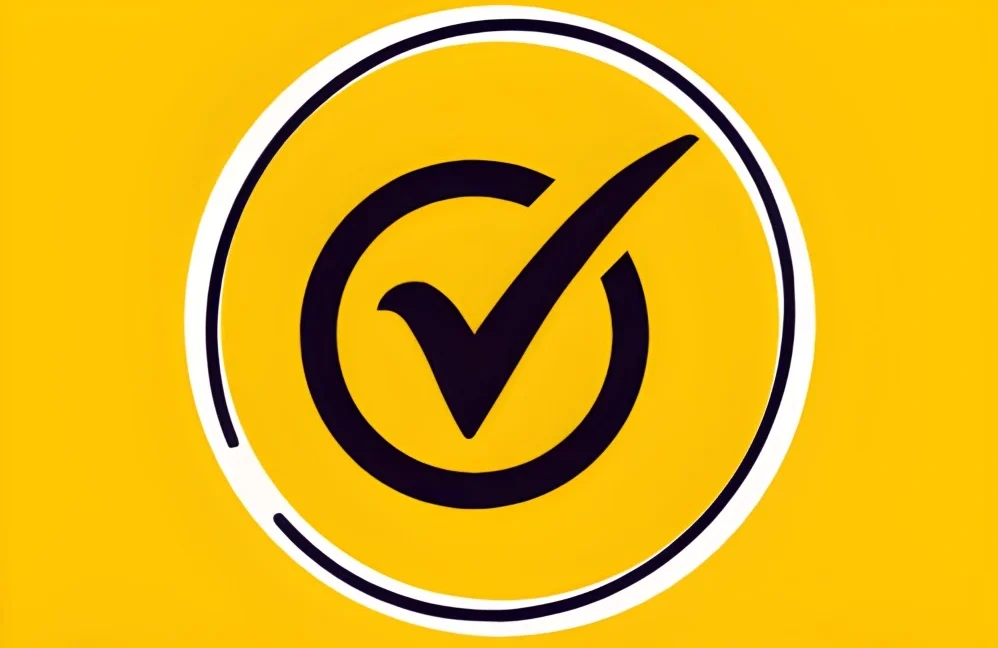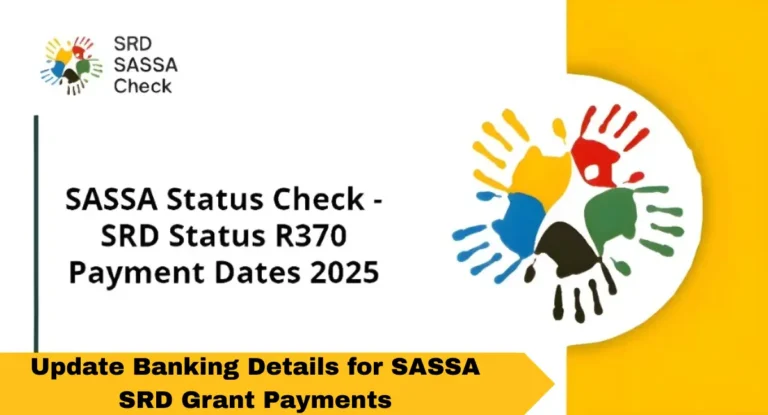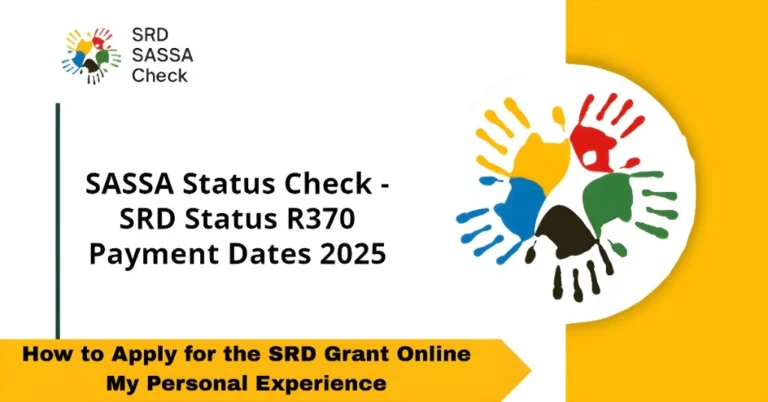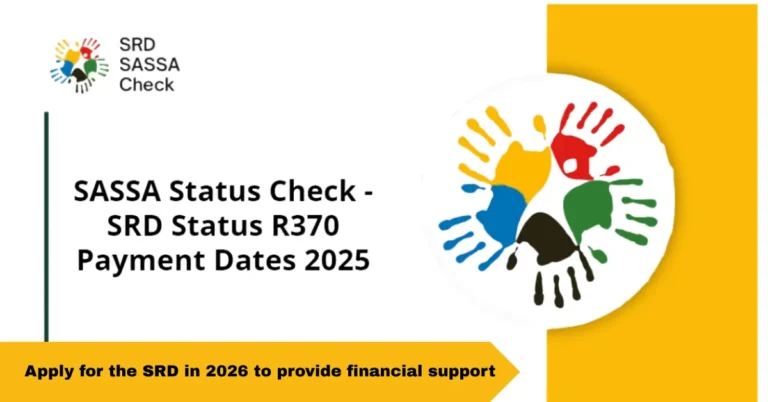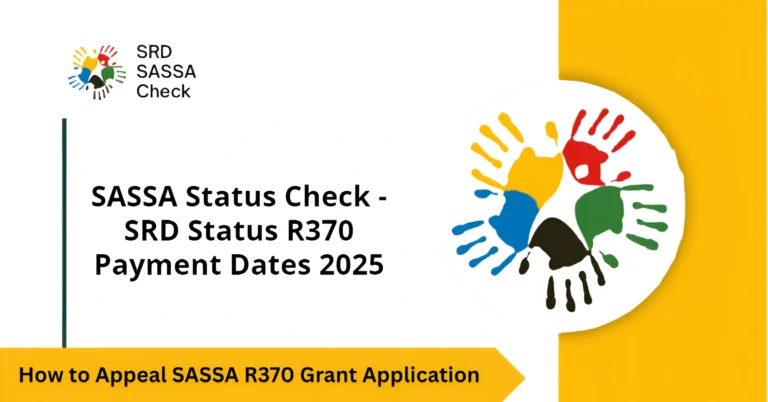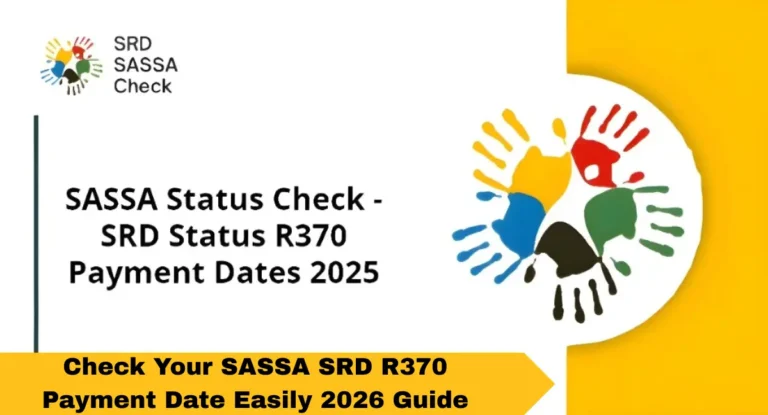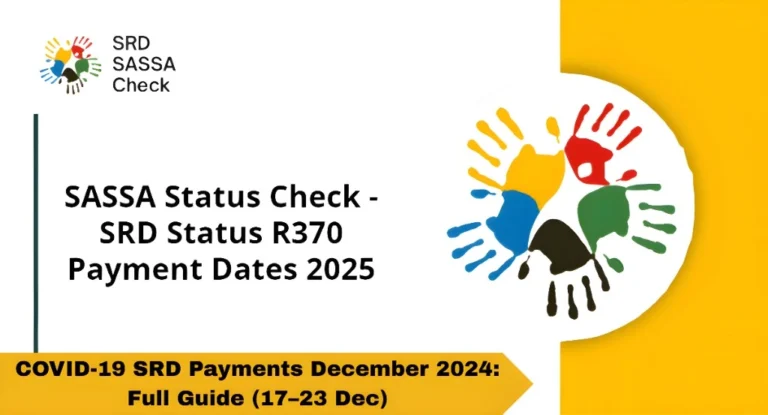Using SASSA SRD Grant for Emergency Medical Bills Guide
Many South Africans wonder if they can use their SASSA SRD Grant for Emergency Medical Bills to cover urgent healthcare needs. Medical emergencies often come without warning, leaving families struggling to manage costs. While the grant is mainly designed to support basic living expenses, it can still help ease some medical burdens.
To stay updated on approvals and payments, applicants are encouraged to do a regular sassa status check. This guide will explain how the SRD R370 grant can assist in emergencies and how to make the most of it.
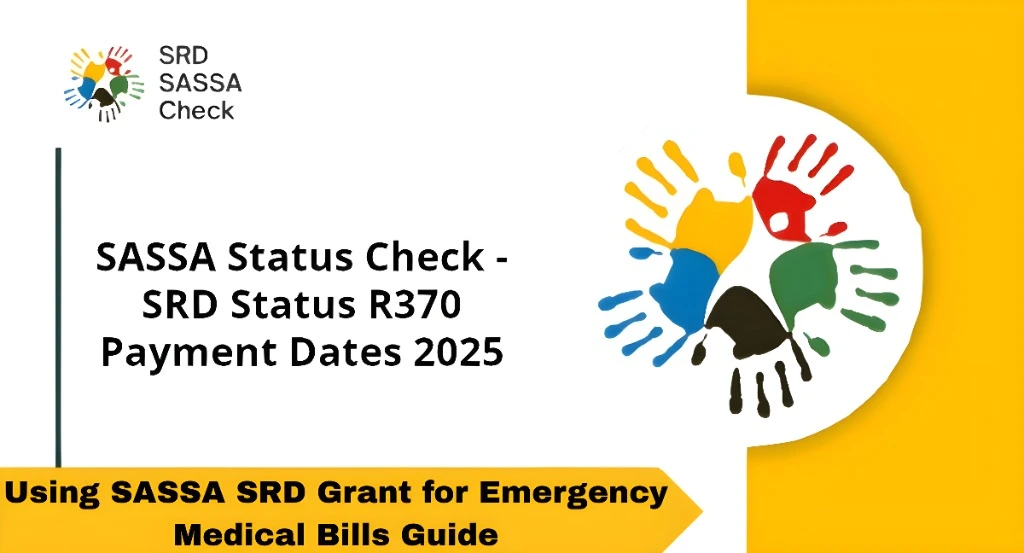
What Is the SASSA SRD Grant?
The SASSA SRD grant is a temporary financial aid provided to South African citizens, permanent residents, or refugees who are in dire need and unable to meet their families’ most basic needs. In some cases, applicants may need to consider reapplying-sassa-srd-r370-grant if their circumstances change or their previous application was declined. This could be due to various reasons like:
The grant is typically issued for up to three months, with a possible extension for another three months in exceptional cases.
Can the SRD Grant Be Used for Medical Bills?
The SRD grant is primarily intended for basic needs like food and shelter. It is not specifically designated for medical expenses. However, if you’re in a situation where you’re unable to work due to medical reasons (for less than six months), you might qualify for the SRD grant. In such cases, while the grant isn’t meant for medical bills, it can help cover other essential needs, potentially freeing up other resources for medical expenses.
What to Do If You Can’t Afford Medical Bills
If you find yourself in a position where emergency medical bills are piling up, here are some options to explore:
1. Apply for Assistance Through Social Development
If your medical condition prevents you from working or performing your daily tasks, you may qualify for additional assistance. In extreme cases, you might also be eligible for disability grants or social relief through Social Development. These options, along with the SASSA SRD Grant for Emergency Medical Bills, can provide crucial support to help cover your essential well-being needs.
2. Seek Help from Charitable Organizations
Charitable organizations can help with medical expenses. Many NGOs offer medical financial aid, especially for vulnerable groups, seniors, and children. Consider reaching out to groups like South African Red Cross or The Smile Foundation for support.
Alternatives for Medical Assistance
If you’re facing medical emergencies, consider the following options:
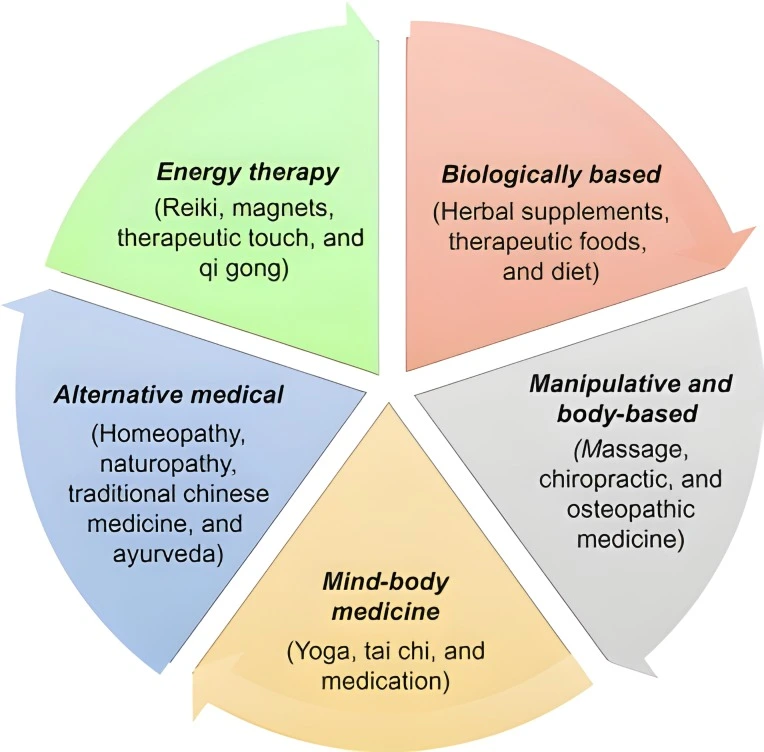
1. Public Healthcare Services
South Africa offers public healthcare services through the Department of Health. These services are often free or low-cost for those who qualify. You can visit your nearest public clinic or hospital for assistance.
2. Medical Aid Schemes
Some medical aid schemes offer plans that are more affordable for individuals with limited income. It’s worth exploring options like:
These providers may have plans that cater to different needs and budgets (checkmy-grant.co.za).
3. Non-Governmental Organizations (NGOs)
Various NGOs in South Africa provide medical assistance, including free clinics and health outreach programs. Organizations like Doctors Without Borders and Operation Smile offer services to those in need.
4. Affordable Healthcare Options and Support Resources
Prioritize Essential Care:
Focus on necessary treatments and medications.
Seek Public Health Services:
Utilize government-funded clinics and hospitals.
Explore Payment Plans:
Some private healthcare providers offer payment plans for services.
Look for NGO Assistance:
Reach out to NGOs that provide medical aid.
FAQs
Final Thoughts
While the SASSA SRD grant isn’t intended for emergency medical bills, it can provide temporary financial relief for other essential needs. For medical emergencies, explore public healthcare options, affordable medical aid schemes, and NGO assistance. Always prioritize your health and seek the necessary care when needed.
